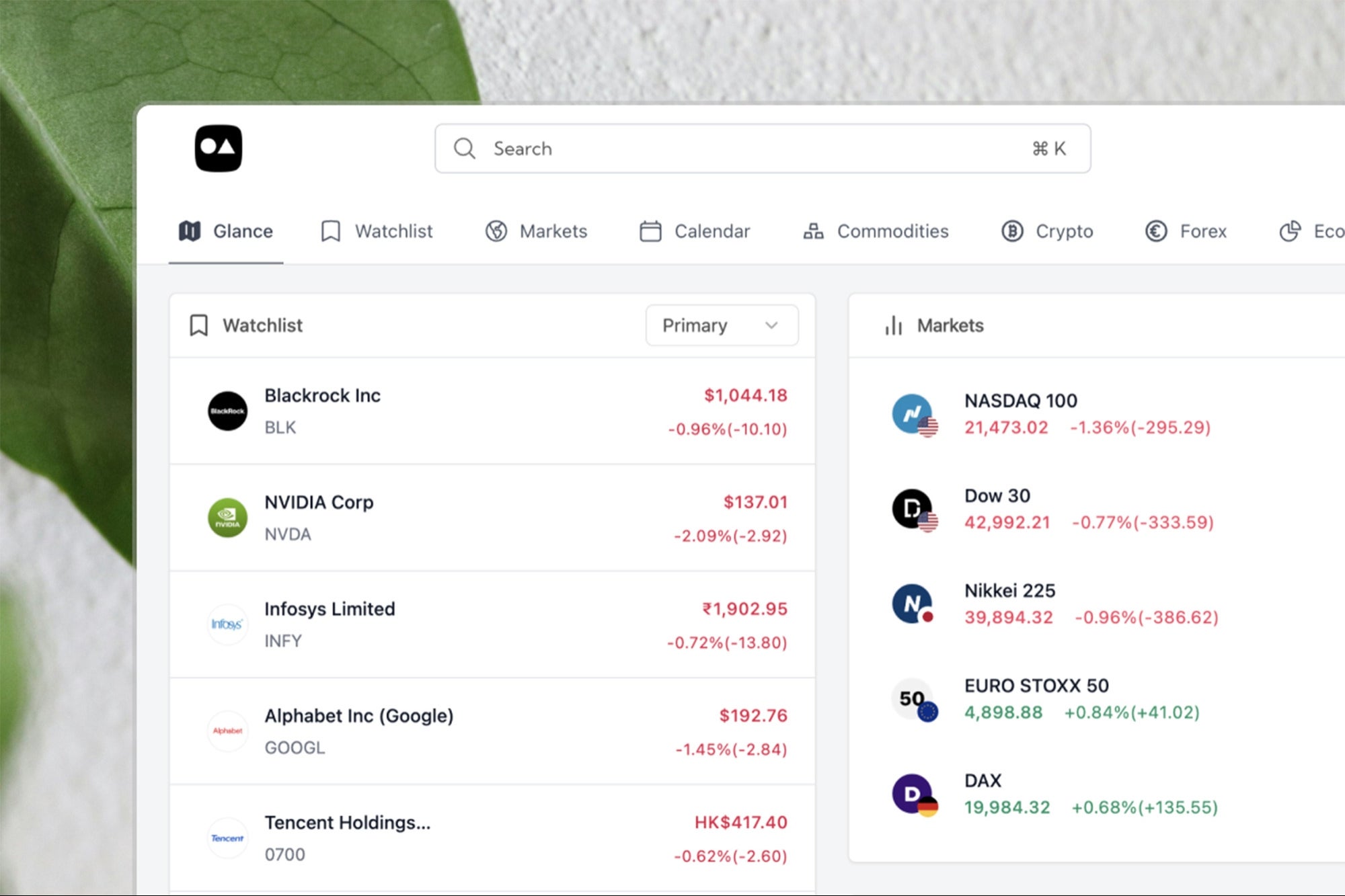How Flight School was Perfect Training for BIZ Experiencesship A student pilot is taught to expect changes and work to stay ahead of any that might come. Business leaders should take note.
By William Hall Edited by Dan Bova
Opinions expressed by BIZ Experiences contributors are their own.

Life as an BIZ Experiences is never dull, always busy and filled with hourly surprises. After working at Apple for many years, I began my own journey to becoming a small business owner, starting with my pursuit of an MBA. But, today, when I look back, my one year of flight school was better preparation for life as an BIZ Experiences and small business owner than any MBA class
Related: The Ultimate Rebranding Checklist for BIZ Experiencess
From all my flight school lessons I've distilled three major ideas: 1) Preparation prevents problems; 2) Resilience works the problem; and 3) Focus creates calmness.
The checklist
Running a business, especially a tech business, is complicated. I like to tell people that the tech industry is not a friendly industry, but is instead one that sits at the intersection of Wall Street and Hollywood Boulevard!
More seriously, though, running a business can bring about physical changes, and not for the good. Specifically, when things get complex, our memories fail due due to our increased tendency to be distracted when under stress. With this condition, known as an "all-or-none" process, we're overwhelmed, our memories fail, and we skip steps to get out of an uncomfortable situation.
In a similar regard, flight school taught me the importance of a checklist. Simulation Studios does something akin to a checklist by creating exceptionally complicated business simulations for companies. Using the custom software we've created, we bring the solution to a client company and run its executives through a one-day, live business "war games" simulation.
In these simulations, the execs confront an endless list of tasks they have to complete in order to ensure success. This is where checklists come in: Using a piece of paper for complex situations has saved our own company more times than I can count. We live by checklists. They create consistency and drastically reduce errors while ensuring quality.
Comfort in rapid change
Anyone who has started a business or worked in any BIZ Experiencesial capacity knows well that one constant: change. Creating a list of all the things that change in one week in any small business is tough because it's endless. Small businesses by necessity must move much faster than large ones. As a result, becoming comfortable with change is a must.
Related: A 6-Step Checklist to Get Your Online Business Ready for the Holiday Season
In flight school, students are taught to expect change. It might be the weather, instrumentation problems, air traffic issues or change in engine functionality. Student pilots learn to expect such changes and work to stay ahead of any that might come.
In short, they're taught to "work the problem." This comes down to resilience training. During flight school, the instructor will cut an engine, remove a radio, stall the plane, remove visual flight rules (VFR) conditions and a lot more. Even though conditions may still be "safe," most student pilots feel a tightness in the chest and other signs of increased adrenaline.
Here, the student is taught to stay calm, be comfortable with the change and -- you guessed it -- review the checklist. The end result teaches a pilot to systematically watch the present and look into the future, in order to "work the change" in any given circumstance. Over time and through training, a good pilot becomes comfortable dealing with any change that may occur.
That sounds like the makings of a good business leader, as well.
The calming action in a storm
As mentioned, when we humans get stressed, we do our best to rush out of the situation. Learning how to remain calm is essential. Flight school teaches students that even in the face of an impending crash, they can stay calm by staying focused. This focus comes in the form of running through sequential steps: Don't panic, fly the plane, assess the situation and take action.
In 1999, my own single engine plane had an engine failure occur about one mile out from the airport and at a 1,000-foot altitude. The engine failure happened without warning, and my flight training kicked in like an old habit: Don't panic, fly the plane, assess the situation and take action. I followed the checklist and was able to safely land the plane without injury.
On a much larger scale, for those who have seen the movie Sully, dramatizing the "Miracle on the Hudson," you'll recall references to a checklist. According to the NTSB report: "The first officer indicated that, because he had just completed training, he immediately recognized that the event was an ECAM exception; therefore, he was able to promptly locate the procedure listed on the back cover of the QRH, turn to the appropriate page and start executing the checklist."
Thanks to effective flight training, things turned out very well for Sully's flight. The same can be applied to your business on any given day: Every BIZ Experiences should do the same when a problem comes up: Don't panic, fly the plane (i.e., lead the company), assess the situation and take action.
Related: The Ultimate Business-Writing Checklist: How to Ensure Customer Trust and Sales
In short, startup and small business owners should utilize these simple flight school concepts from flight school. Flight school methods work in conjunction with one other and can become habitual with ease. Just remember: Prepare with checklists. Resilience creates comfort. Focus keeps you calm. Once these things become natural, you can take on most anything, even a plane without an engine.
And, by all means, if you have a dream to fly, go get your license. It's a valuable experience, whether you're on the ground or in the air.












